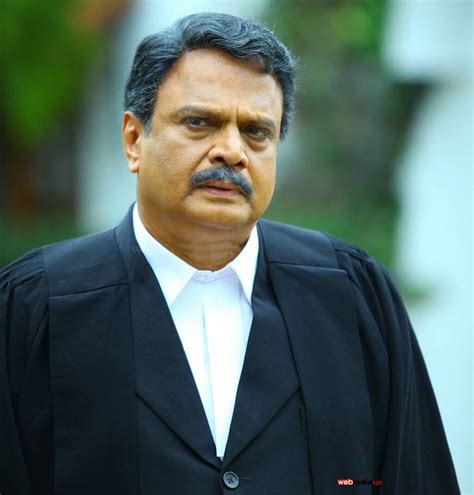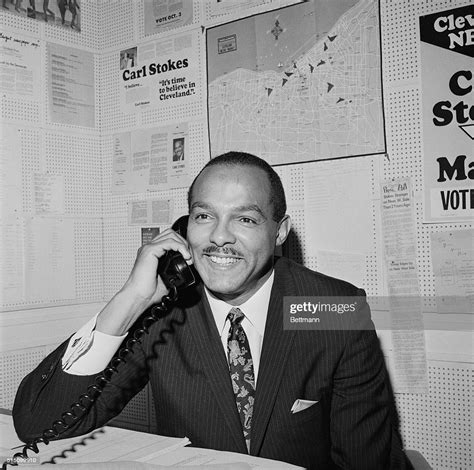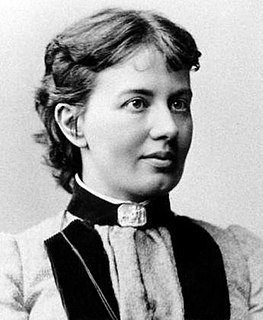A Quote by Leonardo da Vinci
It is an acknowledged fact that we perceive errors in the work of others more readily than in our own.
Related Quotes
I am fond of reminding my yoga students of the saying "It takes one to know one" when they become lost I condemnation and judgment of others. The world that we perceive is a reflection of our own states of mind and reveals our own level of consciousness. The world is little more than a Rorschach blot in which we see our own desire systems projected. We see what we want to see. (116)
Our business in life is not to get ahead of others but to get ahead of ourselves; to break our own records; to outstrip our yesterdays by our todays; to bear our trials more beautifully than we ever dreamed we could; to give as we never have given; to do our work with more force and a finer finish than ever. This is the true idea: to get ahead of ourselves.
It requires something more than personal experience to gain a philosophy or point of view from any specific event. It is the quality of our response to the event and our capacity to enter into the lives of others that help us to make their lives and experiences our own. In my own case my convictions have derived and developed from events in the lives of others as well as from my own experience. What I have seen meted out to others by authority and repression, economic and political, transcends anything I myself may have endured.
If I perceive in another person mainly the surface, I perceive mainly the differences,that which separates us. If I penetrate to the core, i perceive our identity, the fact of our brotherhood. This relatedness from center to center - instead of that from periphery to periphery - is 'central relatedness'.







































